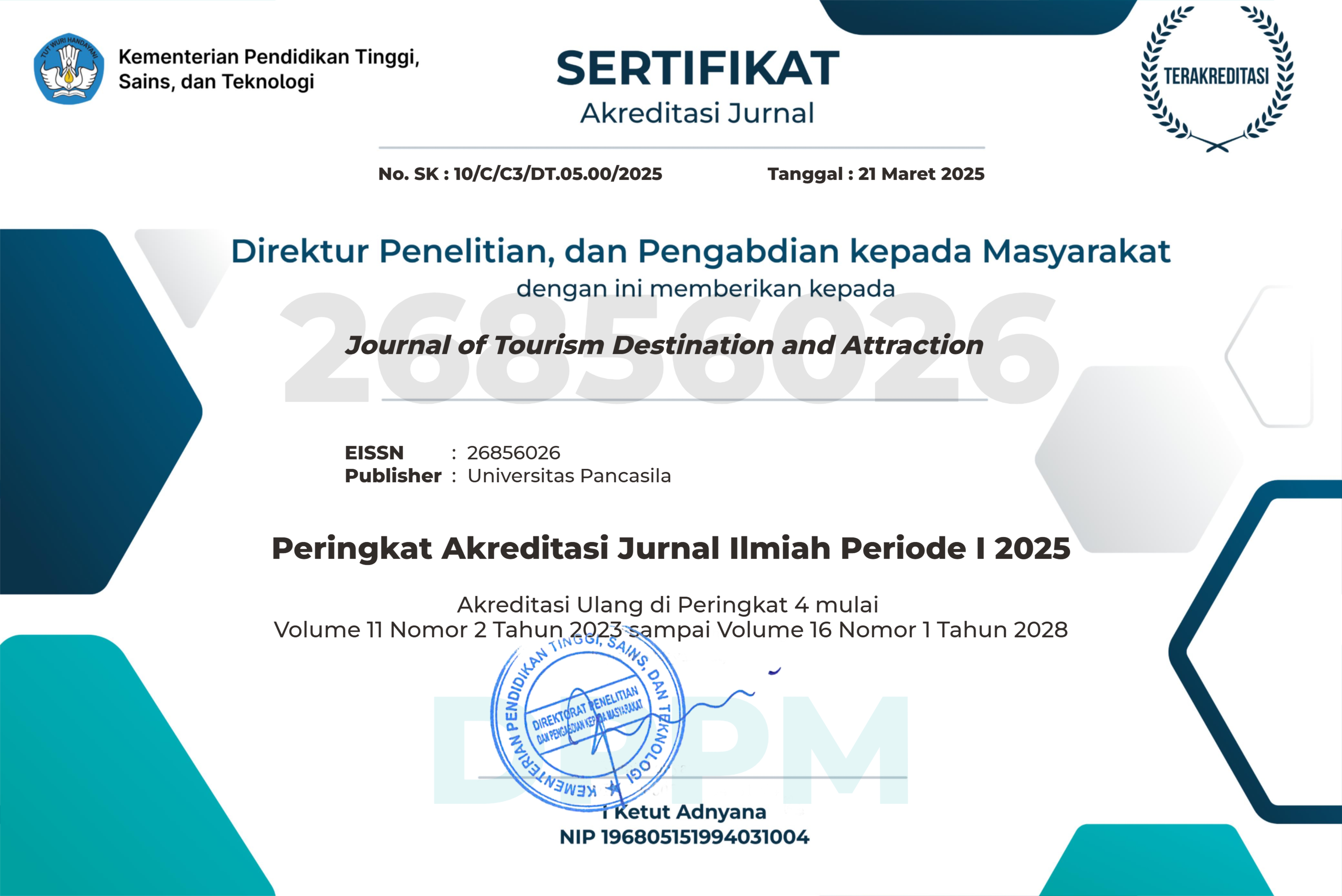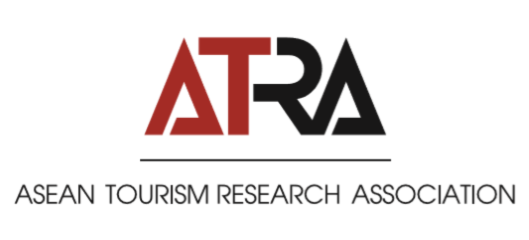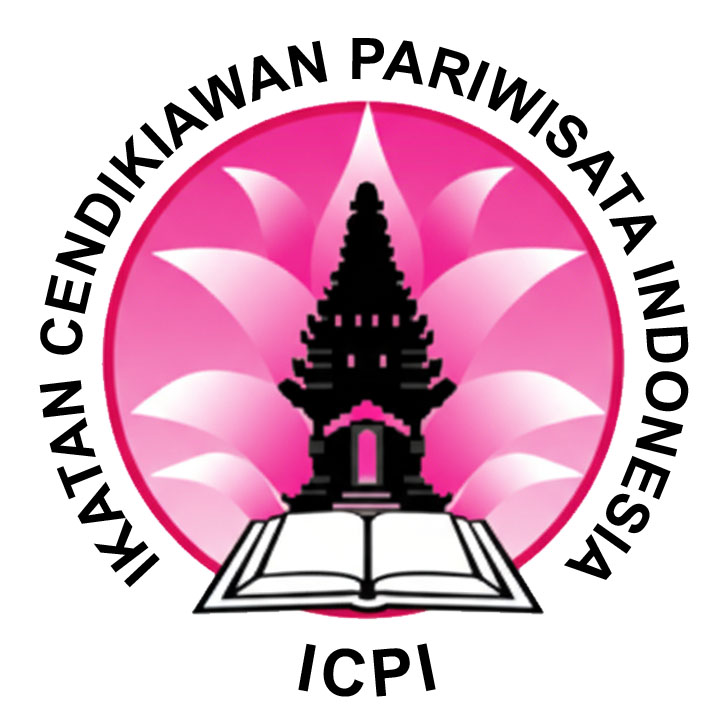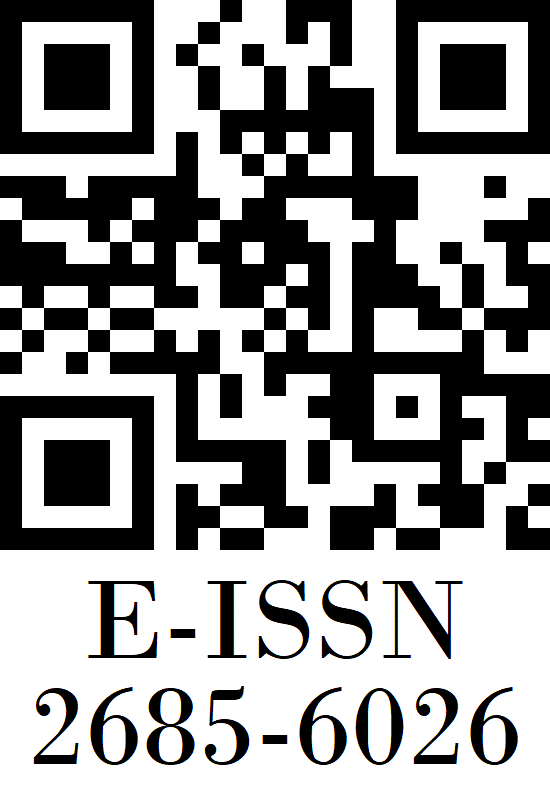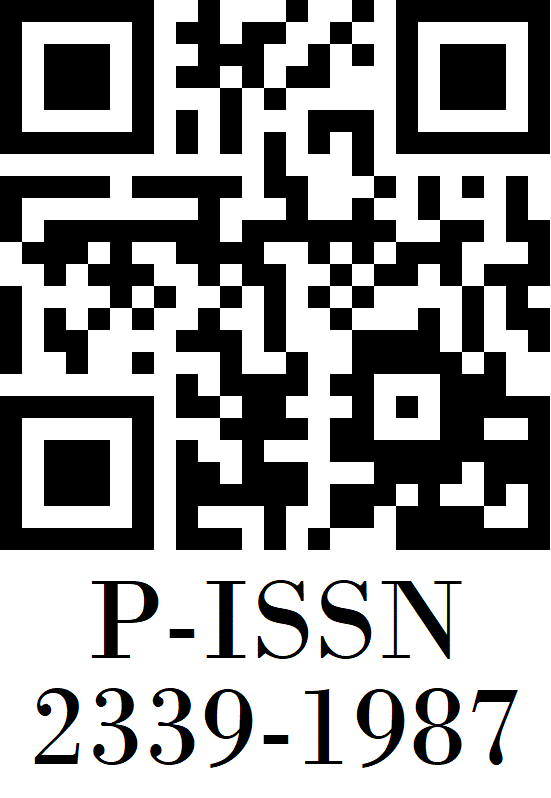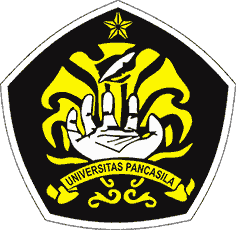PERANAN BUDAYA ORGANISASI DALAM MEMBANGUN LOYALITAS KARYAWAN: STUDI KASUS GRAND HYATT JAKARTA
DOI:
https://doi.org/10.35814/tourism.v9i2.1775Keywords:
Budaya Organisasi, Loyalitas Karyawan, HotelAbstract
This study aims to analyze the role of organizational culture at the Grand Hyatt Jakarta and to analyze employee loyalty at the Grand Hyatt Jakarta and the impact of organizational culture on employee loyalty at the Grand Hyatt Jakarta. The method used in this research is a qualitative descriptive case study using primary and secondary data. The results of this study indicate that the role of organizational culture at Grand Hyatt Jakarta is seen from the indicators of organizational culture characteristics which consist of seven elements, but one element is still being considered, namely the elements of innovation and risk taking. For employee loyalty at the Grand Hyatt Jakarta, it can be seen from the four indicators that only one indicator is still being considered, namely the compliance indicator. While the impact of organizational culture on employee loyalty at Grand Hyatt Jakarta can be seen that from the indicators of innovation and risk taking, results orientation, orientation to human resources and orientation to the team have an impact on employee responsibility. The indicators of attention to detail or detail will increase the level of employee compliance and the indicators of aggressiveness will make employees have dedication to the hotel as well as indicators of stability / stability which will make employees have integrity.
References
Apa itu Budaya Perusahaan? Definisi dan penjelasannya. 2020. Cerdasco.com
Guillon, O., & Cezanne, C. (2014). Employee loyalty and organizational performance: a critical survey. Journal of Organizational Change Management, 27(5), 839–850. Retrieved from https://www.emeraldinsight.com/doi/abs/ 10.1108/JOCM-02-2014-0025
Grand Hyatt Jakarta -IPP. www.theparadise-group.com
Grand Hyatt Jakarta. www.hyatt.com
Judith R. Gordon. 2002. Organizational Behavior: A Diganostic Approach. Seventh Edition. Prentice-Hall International, Inc.
Poerwandari, E.K. 2001. Pendekatan Kualitatif: Analisis dan Interpretasi. Pelatihan Metode Penelitian kualitatif tingkat lanjut, Pusat Penelitian Penelitian Kemasyarakatan dan Budaya. LPUL.
Robbins, S. P., Judge, T. (2007). Organizational Behavior. Pearson Prentice Hall
Robbins, Stephen P. dan Timothy A. Judge, 2008, Perilaku Organisasi, Edisi 12 Jilid 1 dan 2, Jakarta: Salemba Empat.
Sutanto, E. M., & Perdana, M. (2016). Antecedents variable of employee loyalty. Jurnal Manajemen dan Kewirausahaan, 18(2), 113. Retrieved from http://jurnalmanajemen.petra. ac.id/index.php/man/issue/view/3237.
Wan, H.L. (2012). Employee loyalty at the workplace: the impact of Japanese style of human resource management. International Journal of Applied HRM, 3(1), pp. 1–17. Retrieved from https://www.researchgate.net/publication/3045 61053.
Wandrial.S. 2012. Budaya Organisasi (organizational Culture) Salah Satu Sumber Keunggulan Bersaing Perusahaan di Tengah Lingkungan yang Selalu Berubah. Binus Business Review Vol.3 No.1: Hal 335-342.
Wilianto.H. 2019. Pemetaan Loyalitas Karyawan PT. Mitra Tritunggal Sakti. AGORA Vol.7, No.1




